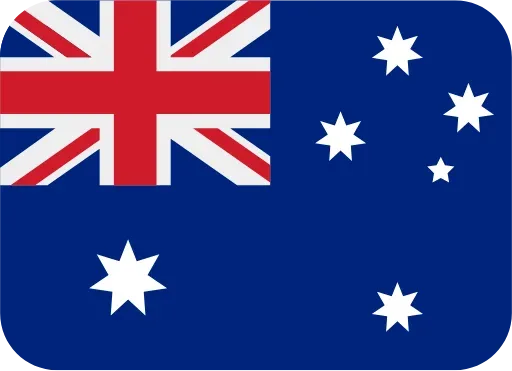Lesson 1: Aboriginal and Torres Strait Islander Peoples
Introduction
Aboriginal and Torres Strait Islander peoples are the original inhabitants of Australia, with a rich cultural heritage that dates back over 60,000 years. Their history, traditions, and connection to the land are deeply embedded in the fabric of the Australian identity. This lesson provides an overview of the diverse cultures, languages, and histories of these Indigenous peoples, emphasizing their significance in Australia’s past, present, and future.
Who Are the Aboriginal and Torres Strait Islander Peoples?
The term “Aboriginal” generally refers to the various Indigenous peoples who have lived on the Australian mainland and its islands (excluding the Torres Strait Islands) for thousands of years. The Torres Strait Islander peoples, on the other hand, are the Indigenous inhabitants of the Torres Strait Islands, located between the northern tip of Queensland and Papua New Guinea. Although both groups are Indigenous to Australia, they have distinct cultural practices, languages, and histories.
Cultural Diversity
Aboriginal and Torres Strait Islander cultures are incredibly diverse. There were over 250 distinct language groups (often referred to as nations or clans) across Australia before European colonization, each with its own customs, traditions, and connection to the land. These nations were self-sufficient and governed by complex systems of law and governance, often referred to as “The Dreaming” or “Dreamtime” by Aboriginal people.
The Dreaming is a central concept in Aboriginal culture, representing the time when ancestral spirits created the world, its landscapes, and its people. These stories and laws are passed down through generations, serving as a guide for how to live in harmony with the land and each other. The Dreaming varies between different Aboriginal groups, but its importance is universal.
Torres Strait Islander culture is similarly rich and diverse, with its own set of traditions, beliefs, and languages. Their culture is heavily influenced by their maritime environment, with practices and beliefs centered around the sea, navigation, and fishing.
Connection to the Land and Sea
For both Aboriginal and Torres Strait Islander peoples, the land and sea are not just physical spaces but are integral to their identity and way of life. The land is considered sacred, and the relationship between the people and the land is one of stewardship and deep spiritual connection. This connection is reflected in their art, music, dance, and ceremonies, which often depict the land, sea, and ancestral beings.
This relationship with the land is also evident in the way Aboriginal and Torres Strait Islander peoples manage natural resources. Traditional ecological knowledge, passed down through generations, has allowed them to live sustainably on the land for tens of thousands of years. Practices such as fire-stick farming (controlled burning) and seasonal harvesting demonstrate their deep understanding of the environment.
Impact of European Colonization
The arrival of Europeans in 1788 marked the beginning of a period of profound disruption for Aboriginal and Torres Strait Islander peoples. Colonization brought with it violence, dispossession, and the introduction of new diseases, leading to significant population declines and the destruction of many traditional ways of life. Aboriginal and Torres Strait Islander peoples were forcibly removed from their lands, their cultures suppressed, and their languages and practices often outlawed.
Despite these challenges, Aboriginal and Torres Strait Islander peoples have shown remarkable resilience. They have fought for their rights, land, and recognition, and continue to maintain and revive their cultures and languages. Today, there is growing recognition of the injustices faced by these communities and efforts to reconcile the past through initiatives like land rights movements, the recognition of Native Title, and the Uluru Statement from the Heart, which calls for constitutional recognition and a Voice to Parliament.
Contemporary Issues and Contributions
Aboriginal and Torres Strait Islander peoples continue to make significant contributions to Australian society across various fields, including art, sports, politics, and education. Their rich cultural heritage is celebrated through events like NAIDOC Week and National Reconciliation Week, which highlight the importance of understanding and respecting Indigenous cultures.
However, Aboriginal and Torres Strait Islander peoples still face significant challenges, including disparities in health, education, and employment, as well as ongoing issues related to land rights and cultural preservation. Addressing these challenges requires a commitment to understanding the history and experiences of Indigenous Australians and working towards a future of equality and respect.
Conclusion
Aboriginal and Torres Strait Islander peoples are an integral part of Australia’s identity, with a cultural heritage that enriches the nation’s history. Understanding their diverse cultures, deep connection to the land, and the impact of colonization is essential for fostering a more inclusive and respectful society. As Australia moves forward, recognizing and valuing the contributions of Indigenous Australians will be key to achieving true reconciliation.

